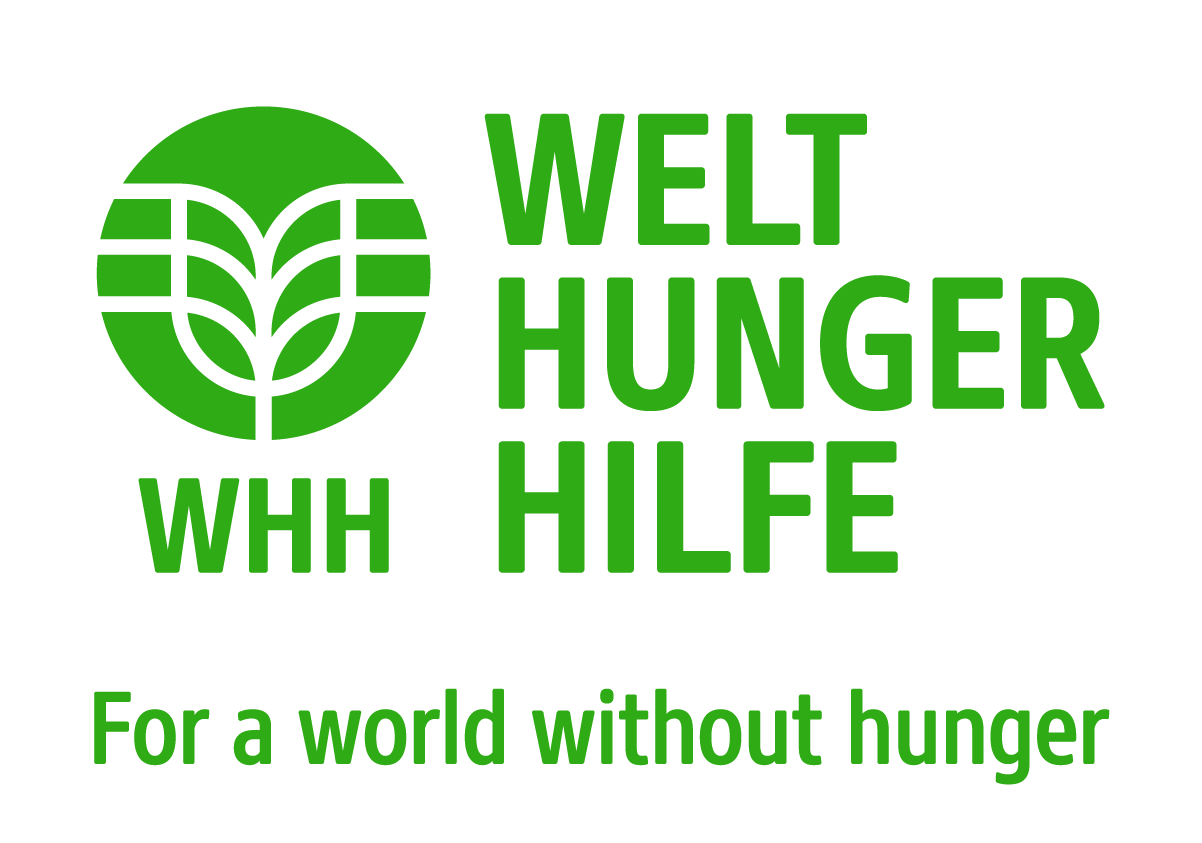Independency is cool !
When living in Syria, Nufe also worked in the fields. Now she cultivates vegetables on the farmland outside of Idlib and generates her own income to support her family. She had to take over responsibility very early for her sick mother and two sisters. Especially after Nufe lost her two brothers in an attack, she had to carry all the burden on her shoulders. The ongoing conflict in Syria, worsened the family's financial situation enormously. At some point it became too dangerous to work in the fields without shelter and exposed to the bombs. But there were no other job opportunities and no one else to support the family. In 2017, when the situation in Idlib became desperate, Nufe decided to flee to Turkey with one of her sisters.
When she came to Turkey, Nufe had to cope with many challenges. For her, like for many other female Syrians who fled to Turkey, it was difficult to find an employment. Most of them have no sufficient education and not enough Turkish language skills. They are consequently forced to take up short-term, low-skilled and therefore low-paid jobs.
But since May of this year, Nufe’s situation has improved. Now she is one of 34 women participating in an agricultural project in the Turkish province of Hatay, only a few kilometres from the Syrian border, promoted by Welthungerhilfe. Together with other women and their families, Nufe is cultivating her own 3,000 square metres that is provided for the duration of the project. In order to support Syrian families in vegetable cultivation and provide them with a stable income in the long term, Welthungerhilfe does not only provide the farm land but also irrigation systems, seeds, fertilisers, pesticides and agricultural tools as well as professional advice.

Nufe during work on her own 3000 sqm land. Several timesa week she takes care of her peppers.
"When I started working in this project, I was very relieved. It felt like a big weight was falling off my shoulders. I am the only one in the family who is able to earn money and support the family. My mother and sister still live in Syria, they depend on me. I send money to them every month, there is no man in the family who can support us. My two brothers died in a bomb attack."
Just 15% of Syrian women under temporary protection are in income-generating jobs. 32% of single women like Nufe survive with a monthly income of around 700 Turkish Lira. By selling her harvest, Nufe will be able to sell more than 2 tons of red peppers within a season for a price per kilo of about 2 Turkish Lira.
After harvesting, the peppers are taken to a farm near the fields where they are processed or sold directly
"I don't depend on a man’s help - it's so cool!"
Nufe's example illustrates the positive psychological effect that the inclusion of women in agricultural and income-generating projects has. Thus, gender equality is not just a human rights issue, but the key to eradicating poverty and hunger. That is why Welthungerhilfe promotes women's rights and access to income-generating activities.
"I feel so comfortable and I am overjoyed to have a job and my own piece of land. I can go to bed without worrying about what tomorrow will bring, because I know I have a job the next day and can support my family. It's a great feeling to be independent. I have my own peppers to take care of and earn my own income and can do whatever I want with that! I don't depend on a man’s help - it's so cool!"
Nufe proudly presents her own peppers - for her a symbol of independence and security
Many Syrians living in Southeast Turkey have experience in agriculture, but only a small percentage of them have the capacity for their own agricultural production. Many Syrians find it difficult to get a job in this sector, especially because agriculture in Turkey is characterised by small-scale family farming and family members usually cultivate their own fields.
In order to support Syrian families in vegetable cultivation and to provide them with a stable income in the long term, Welthungerhilfe provides agricultural land, irrigation systems, seeds, fertilizers, pesticides and agricultural tools as well as professional advice in the provinces of Mardin, Hatay and Gaziantep in southeast Turkey. The families will grow and harvest cucumbers, lettuce, peppers, oyster mushrooms and plant olive trees, which is an important part of the local cuisine. With the support of the local government, the families will sell the vegetables they do not need for their own consumption in small shops or local markets and benefit from the income.
This project is funded by the German Federal Ministry of Economic Cooperation and Development (BMZ)

